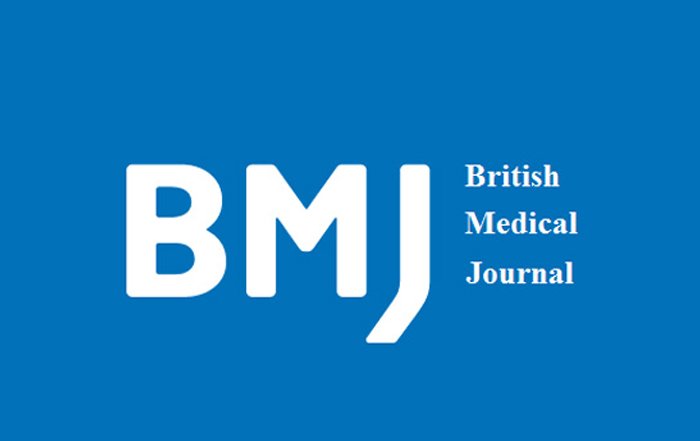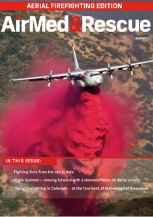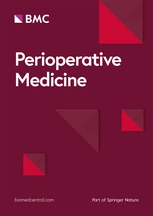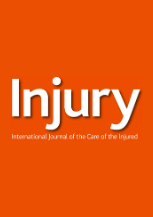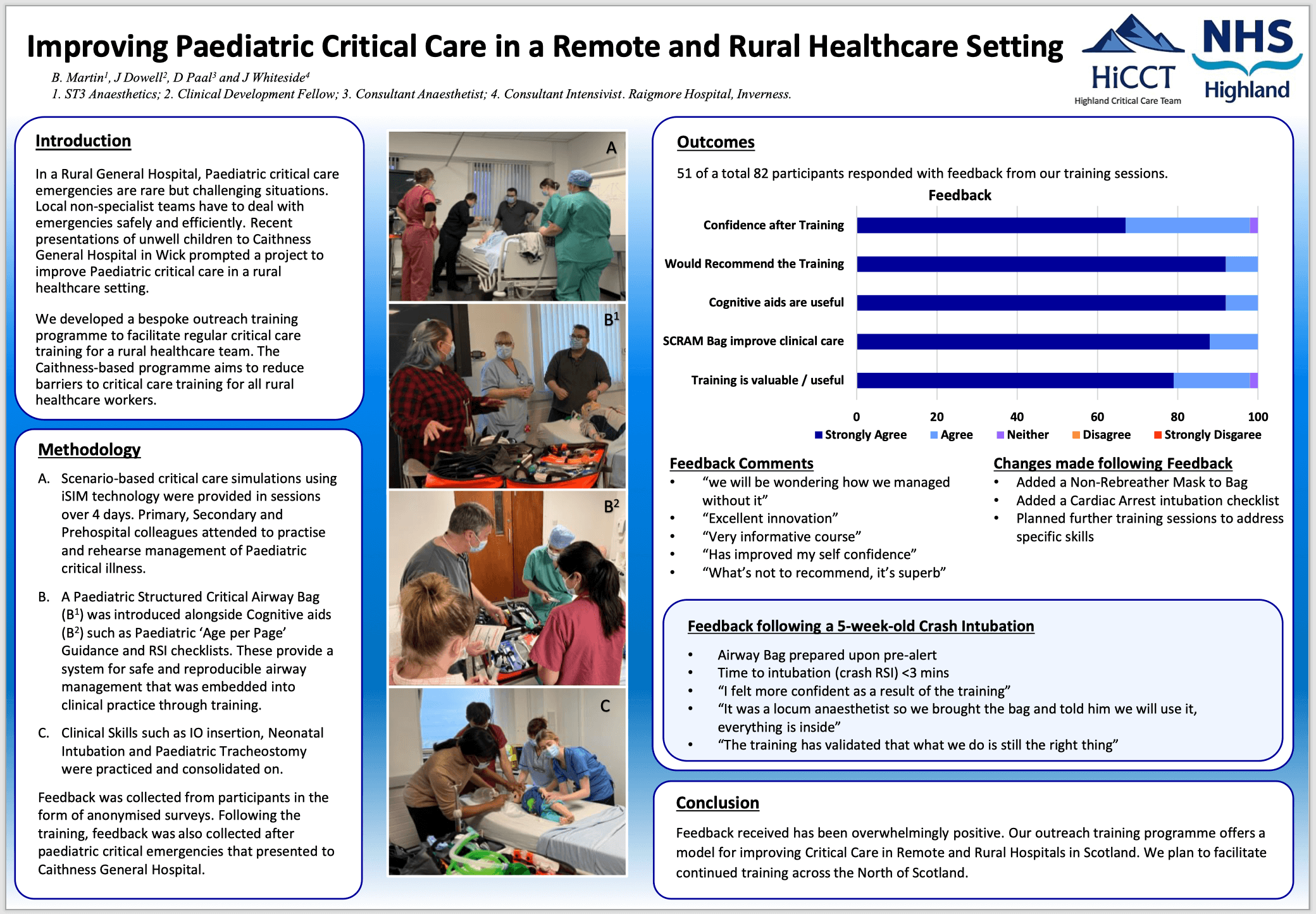Publications & research
"Bringing Science and Design Together"
This quality improvement project not only embraced Lean/Six Sigma methodology but also introduced the innovative SCRAM™ bag system. By leveraging Lean principles, the project aimed to reduce variation, enhance safety, and streamline processes in a tertiary paediatric hospital. The implementation of the SCRAM™ system proved to be a game-changer. This comprehensive approach not only prioritised patient safety but also demonstrated significant cost savings and a reduction in waste. By optimising resource utilisation and ensuring the availability of essential airway management equipment, healthcare professionals can respond swiftly and effectively to critical situations. It is critical for healthcare facilities to prioritise paediatric airway management and invest in initiatives such as the SCRAM™ system. In this way, we can increase patient safety, improve outcomes, and ultimately save more young lives. This supports ongoing quality improvement efforts driving progress within Paediatric Emergency Care sector. Checkout the article to find out about this and more!
In this article, I discuss my work with ScotSTAR, the Scottish medical retrieval service, and my innovative approach to critical airway management (SCRAM™). The SCRAM™ System is currently being used for advanced airway management by teams in both the pre-hospital and hospital environments in the UK and other parts of the world, with distributors in the UK, USA, Australia, the Middle East, and soon Canada and Southern Africa. Collaboration and partnerships between pre-hospital medical organizations around the world are key to ongoing improvements in medical services. In this interview I discuss a new collaboration with a Professor Scott Weingart on two new co branded products. Dr Scott Weingart is best known for his podcast on resuscitation and ED critical care called the EMCrit Podcast. Checkout the article to find out about this and more!
Emergency airway management may be required at any hospital location. Remote site management is associated with increased airway morbidity and mortality. Poor planning and interrupted workflow are significant contributors. Equipment may be unfamiliar, difficult to locate or inadequate. The SCRAM (Structured CRitical Airway Management) bag aims to provide a portable, structured and reproducible approach to airway management preparation. We hypothesised that SCRAM bag use reduces equipment preparation time, the rate of error and operator cognitive load.
We examined the effect of advanced preparation and organisation of equipment and drugs for Pre-hospital Emergency Anaesthesia (PHEA) and tracheal intubation on procedural time, error rates, and cognitive load. This study was a randomised, controlled...
Trauma remains the fourth leading cause of death in western countries and is the leading cause of death in the first four decades of life. NICE guidance in 2016 advocated the attendance of pre-hospital critical care trauma team (PHCCT) in the pre-hospital stage of the care of patients with major trauma. Previous publications support dispatch by clinicians who are also actively involved in the delivery of the PHCCT service; however there is a lack of objective outcome measures across the current reviewed evidence base. In this study, we aimed to assess the accuracy of PHCCT clinician led dispatch, when measured by Injury Severity Score (ISS).
Research
Oral Presentation - click on the image below.
Checkout these videos to find out more about eye-tracking
